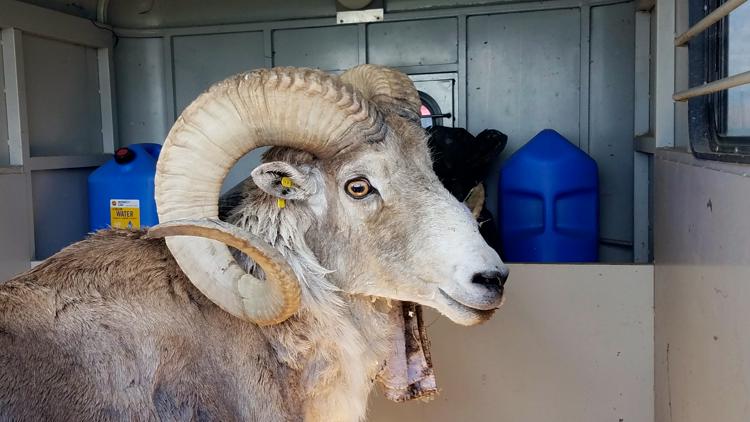A Montana man has been sentenced to six months in prison for illegally cloning and breeding giant sheep. His operation spanned Texas and Minnesota, where hybrid sheep were used in captive trophy hunts.
Montana man gets 6 months in prison for cloning giant sheep and breeding it

Key Takeaways:
- A Montana resident faced legal action for cloning large sheep.
- He used tissue and testicles to create hybrid sheep.
- The illegal operation, designed for captive trophy hunts, took place in Texas and Minnesota.
- He received six months in prison for these actions.
- The case raises questions about ethical hunting and wildlife regulations.
Introduction
A Montana man has been sentenced to six months in prison after pleading guilty to cloning giant sheep and breeding them for trophy hunts. The unusual scheme drew attention not only for its illicit genetic manipulation but also for the ethical concerns it raised around captive hunting practices.
Discovery of the Operation
The plan came to light when authorities uncovered evidence that the man had illegally obtained tissue and testicles from particularly large sheep. This genetic material enabled him to develop hybrid sheep that would be appealing in trophy hunting circles. Investigators discovered that he carried out these activities without the authorization required by wildlife and health regulations.
The Breeding Process
Part of the scheme involved shipping or raising hybrid sheep in Texas and Minnesota, where they were used in private hunts. While details of the exact number of animals involved have not been disclosed, officials described the method as an illicit effort to produce bigger and more lucrative trophy animals.
Legal Consequences
Once the operation was exposed, authorities moved quickly to shut it down. The ensuing legal case resulted in a six-month prison sentence for the Montana man. In handing down the sentence, prosecutors pointed to the need to enforce laws intended to protect both wildlife and consumers, as unregulated breeding raises health and conservation issues.
Broader Implications
This case highlights ongoing debates about trophy hunting, wildlife conservation, and the ethics of genetic manipulation for profit. The involvement of multiple states underscores the broader regulatory challenge. Ultimately, officials hope the prison sentence will serve as a clear reminder that altering wildlife for illicit gain will not be tolerated and can carry serious legal consequences.











